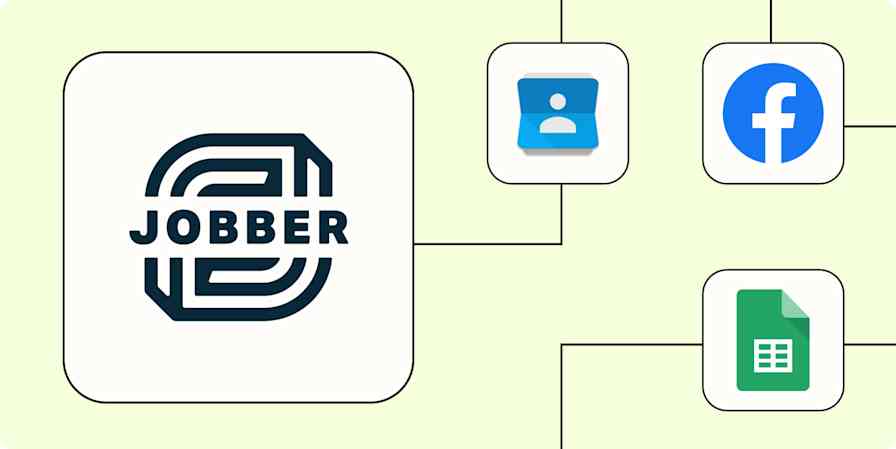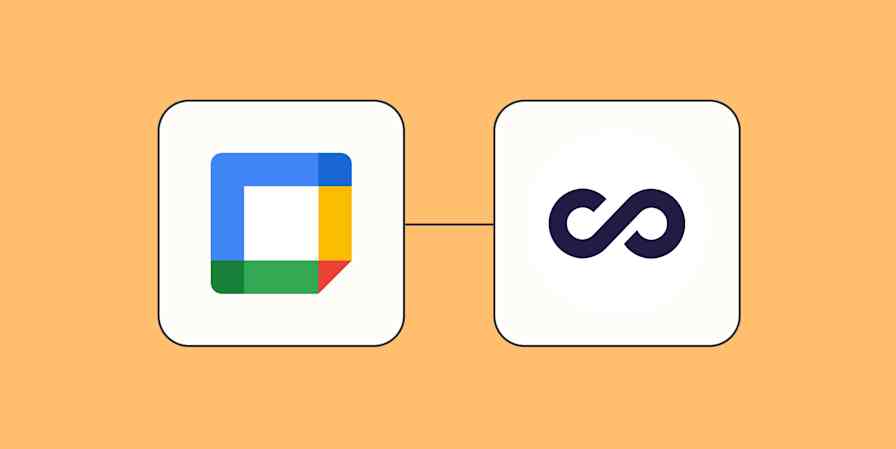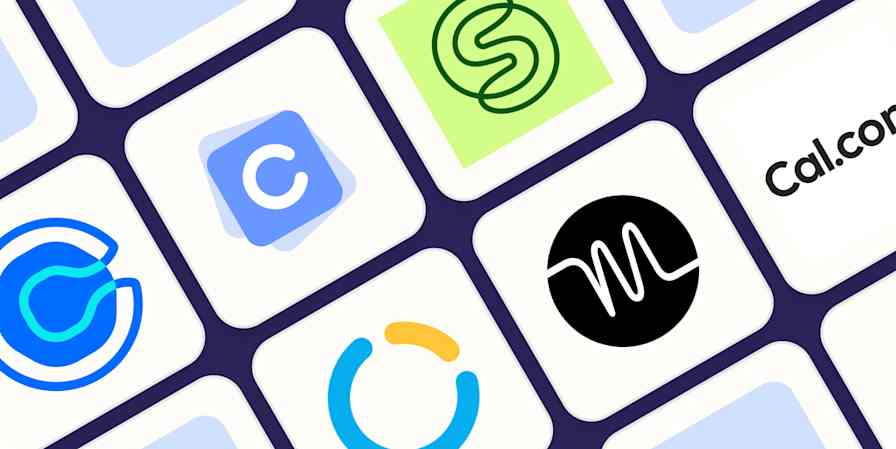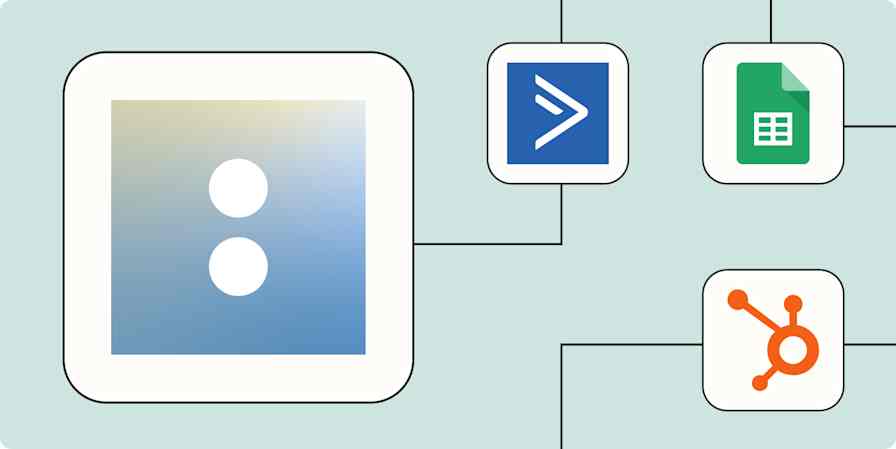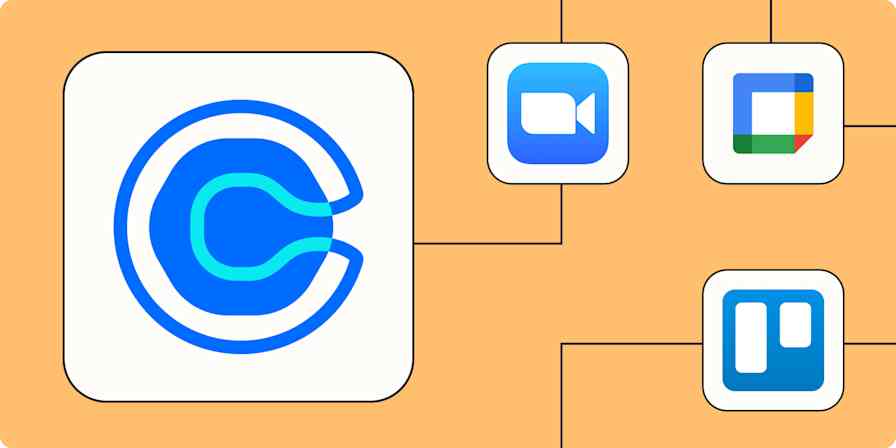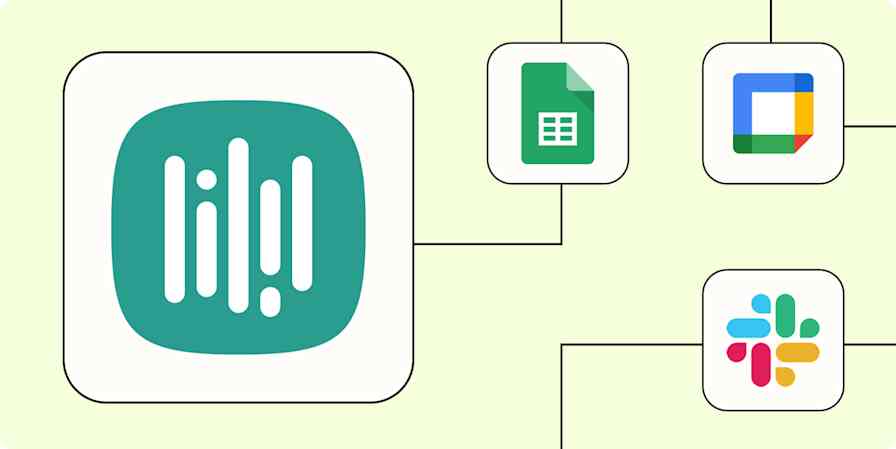App comparisons
7 min readSkedPal vs. Motion: Which scheduling app is right for you?
By Liz Melton · March 1, 2024
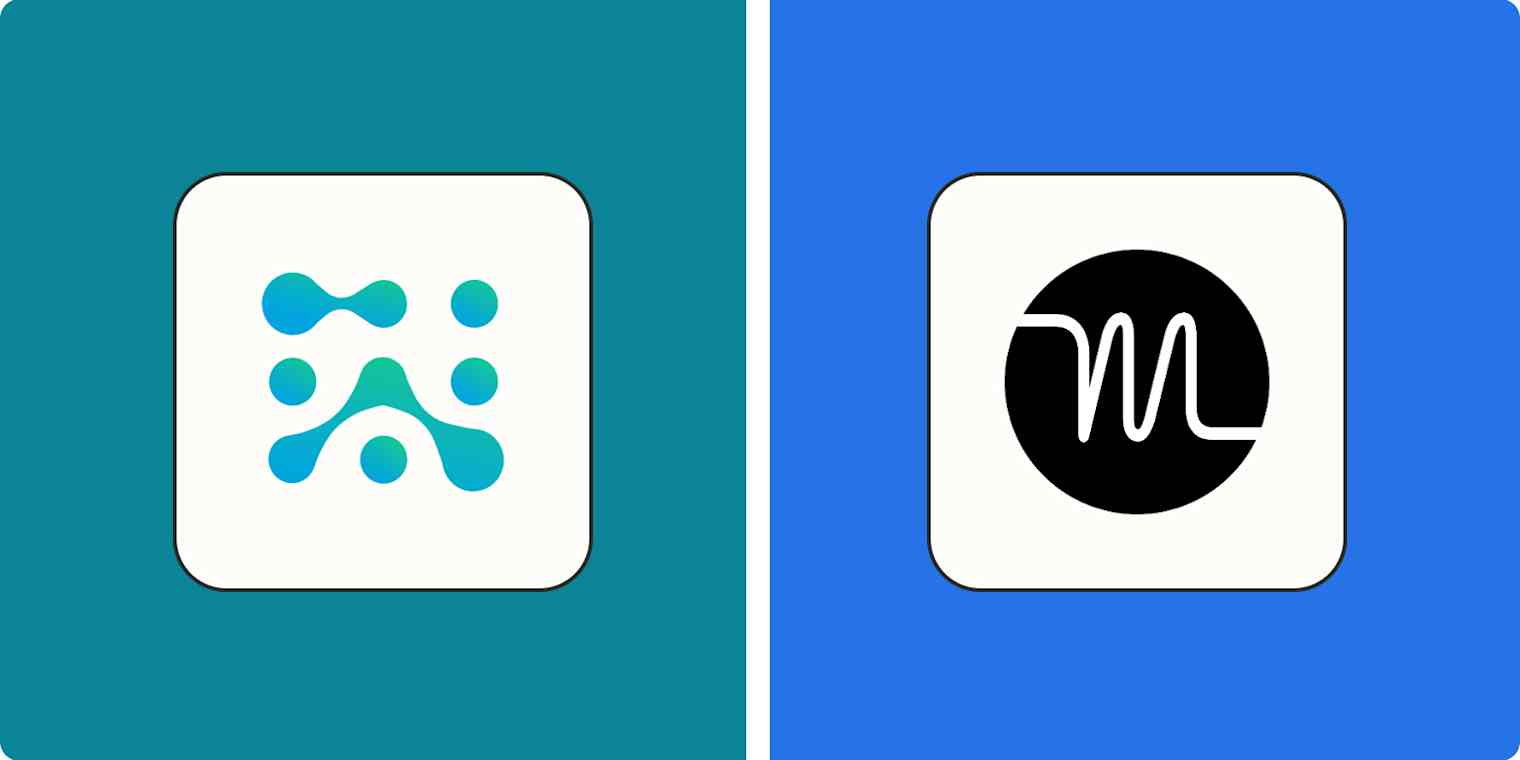
Get productivity tips delivered straight to your inbox
We’ll email you 1-3 times per week—and never share your information.
Related articles
Improve your productivity automatically. Use Zapier to get your apps working together.


